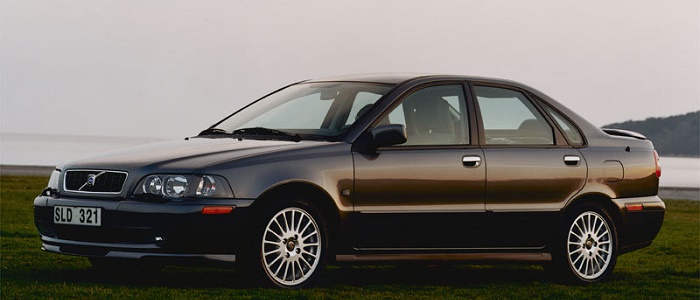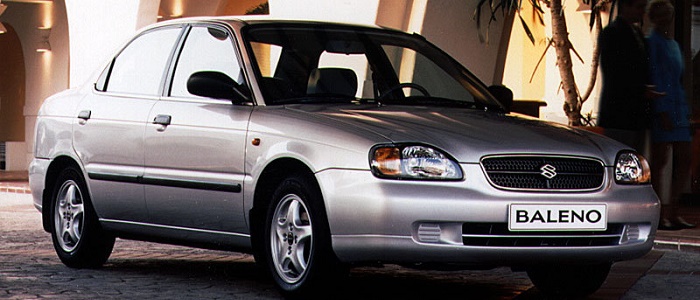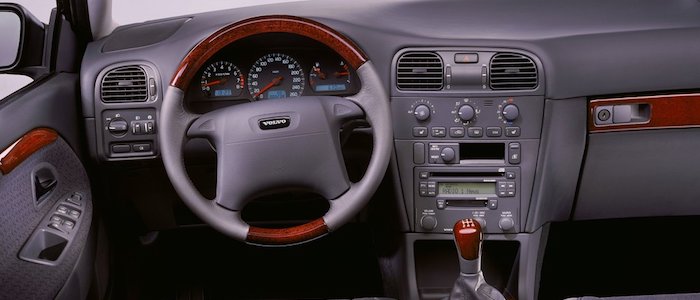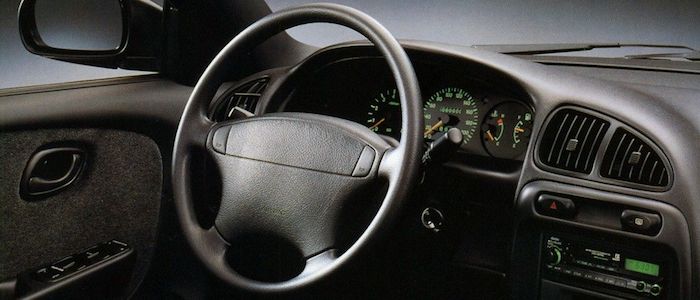Compare two cars
Compare any two cars and get our Virtual Adviser™ opinion
Marketing
Dimensons & Outlines
Engine
Performance (manual gearbox)
Performance (automatic gearbox)
Expenses
Virtual Adviser's™ opinion
Well, these are two pretty similar cars we have here! It's only details that could potentially make the difference. Considering they both belong to the small family car segment and utilize the same 4-door sedan body style and the front wheel drive system, it all comes up to the specific petrol engine choice they offer. The first one has a Volvo-engineered powertrain under the hood, a 4-cylinder, 16-valves 165hp unit, while the other one gets its power and torque from a 4-cylinder, 16-valves 121hp engine designed by Mazda.
SafetyA starting point here would be to take a look at the results from European New Car Assessment Programme (Euro NCAP) tests which were performed on both of the cars, with the Volvo displaying significantly better structural stability. Still, apart from the official crash test results there are other things we need to be aware of. Both vehicles belong to the small family car segment, which is generally classifying them somewhere in the middle safety-wise, still it doesn't help us solve our dilemma, does it? Furthermore, when it comes to weight, a factor that most people underestimate, the Swedish car offers a considerable difference of 29% more metal.
ReliabilityManufacturers have been building their reliability reputation for decades now and, generally speaking, it appears that Suzuki as a brand displays somewhat better results, all the models observed together. That's the official data, while our visitors describe reliability of Volvo with an average rating of 4.6, and models under the Suzuki badge with 4.5 out of 5. The same official information place S40 as average reliability-wise, and Baleno is more or less at the same level.That apart, owners of different cars powered by the same engine as the Swedish car rank it on average as 4.8, while the one under the competitor's bonnet gets 4.5 out of 5.
Performance & Fuel economyVolvo is undoubtly more agile, reaching 100km/h in 1.7 seconds less than its competitor. In addition to that it accelerates all the way to 220 kilometers per hour, 35km/h more than the other car. When it comes to fuel economy things look pretty much the same for both cars, averaging around 7.8 liters of fuel per 100 kilometers (36 mpg), in combined cycle.
Verdict
Suzuki appears just a bit more reliable, although the difference is truly marginal. The most important thing when deciding between any two vehicles should always be safety, both passive and active. In my opinion, everything taken into account, the Swedish car beats the other contender by far, making it the best choice without even considering other things. It all continues in the same direction, with Volvo being considerably quicker, thus putting more smile on driver's face. It does come at a cost though, and that's the fuel consumption... All together, there's not much more to say, in this case I wouldn't even consider anything but Volvo. Anyway, that's the most objective conclusion I could've came up with and it's based solely on the information found on this website. Aspects such as design, practicality, brand value and driving experience are there for you to measure them out. In case you have two minutes to spare I invite you to define your needs, desires and budget and see which car would be chosen by the virtual adviser™, out of 12.000+ vehicles we currently have in our database.
































